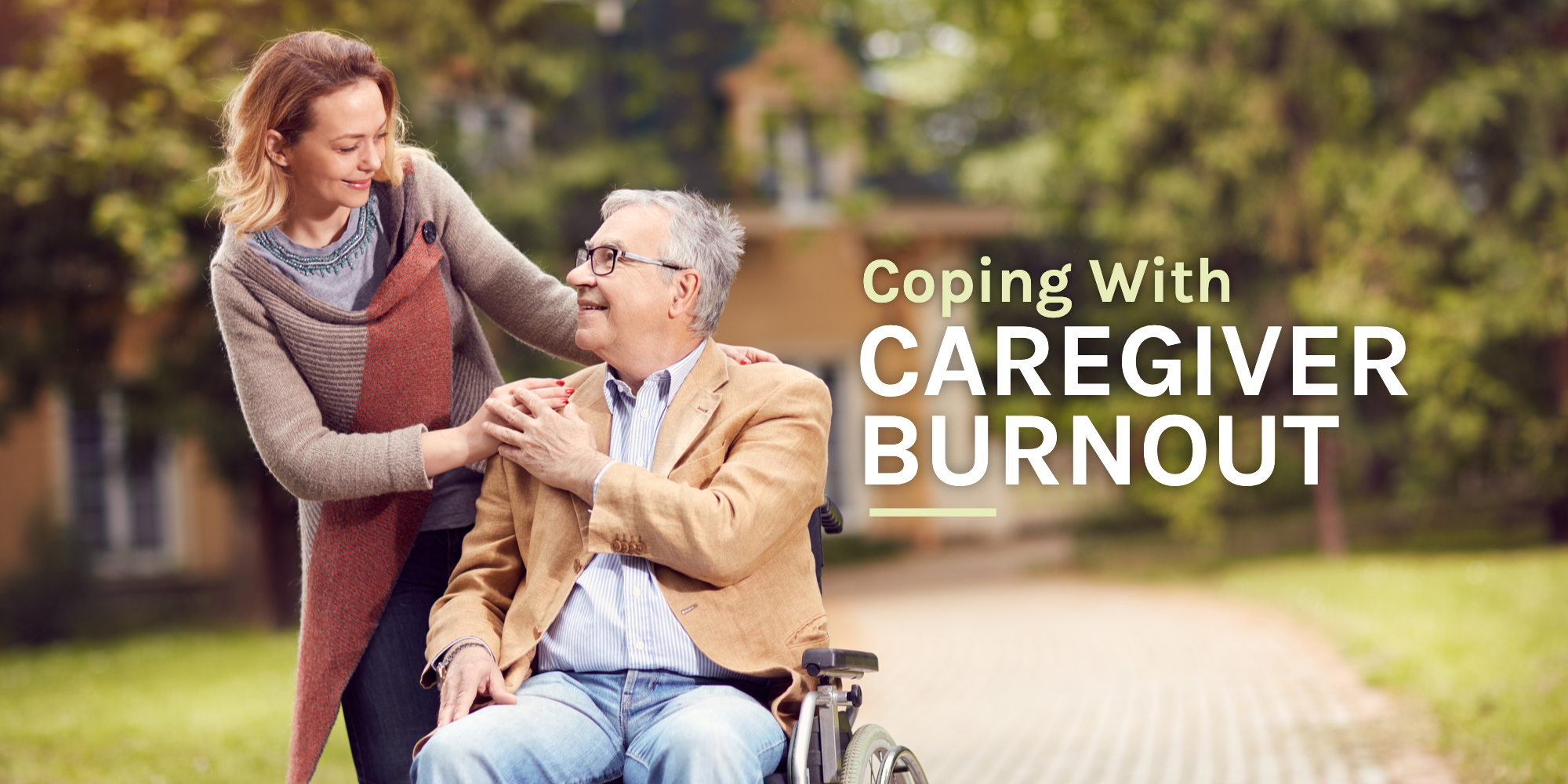Being a caregiver for a loved one is more than just a responsibility; it's a lifestyle—one that can be equally exhausting as it is rewarding of course, every caregiving journey is different, but there are many similarities in the challenges that caregivers face daily.
What is Caregiver Burnout?
Caregiver Burnout occurs when the physical and emotional stress of taking care of a loved one reaches an all-time high. Many people may not even be aware that there is an actual term for this condition. However, Caregiver Burnout is very common among those who have experienced taking care of a loved one for a long time.
If you are currently a caregiver, there are some warning signs you should be mindful of. If you find yourself experiencing any of these, it is highly recommended that you seek help and talk to a doctor.
Some red flags for Caregiver Burnout are:
- Changes in appetite (either eating less or eating excessively)
- Feelings of hopelessness
- Anxiety
- Fatigue
- Difficulty concentrating
- Increased desire to self-medicate with alcohol or drugs
- Lack of energy
- Resentment towards the person you are caring for
If these warning signs are not addressed, these feelings can worsen quickly.
When you care for someone whose health and well-being are completely dependent on you, it is normal to feel overwhelmed. However, the only way to work through those feelings is to find ways to cope with this specific lifestyle.
Some more severe indicators of Caregiver Burnout include lack of energy, neglecting your own needs, physical and emotional exhaustion, increased irritability, persistent anger, depression, social withdrawal, and more.
Caregivers also often struggle to fully accept the conditions their loved ones are in. Being a witness to a deteriorating condition, along with knowing that the condition is only going to worsen, can be a tremendous source of anxiety.
Caregivers cannot give the care their loved ones deserve if they are not taking care of themselves first. Caregivers need to understand the importance of what they do and realize how impossible it is to carry out those responsibilities without having the required physical and emotional strength to do so.
How to Avoid Caregiver Burnout
Eating healthy food, exercising, and regularly seeing a doctor are the most obvious ways to maintain a healthy lifestyle. Other ways caregivers can take care of themselves include:
- Following a good sleep routine
- Practicing daily meditation
- Scheduling "Me Time"
- Establishing a positive support system
- Not being afraid to ask for help
It can be easy to get caught up in doing things for others, but caregivers need to remember to prioritize their own health.
Caregivers Need Help, Too:
Something as simple as giving yourself an occasional break can improve your mood and overall health (even if that means asking someone you trust to relieve you for a few hours while you take some Me Time). If you do not have a personal support system, there are respite care services offered by home health agencies that can provide care for your loved one while you take a well-deserved break.
If emotional stress is affecting your mental health, talk to someone. Suppressing anxiety, depression, and anger is dangerous. Eventually, if these feelings are not addressed, they will snowball out of control.
Luckily, there are many resources available for caregivers. There are multiple websites and social media platforms that offer support groups. Support groups give caregivers a place to share feelings and advice. Communication is key, so find a friend, family member, or group that will comfort you during stressful times.
Caregivers are compassionate, loving, and selfless individuals who often put the needs of others first. However, it is possible to take care of others and yourself simultaneously. Remember—taking care of yourself is not selfish; it is necessary to be the best caregiver you can be.
References
AARP. (n.d.). Caregiver Burnout: Steps for Coping With Stress. Retrieved from AARP: https://www.aarp.org/caregiving/life-balance/info-2019/caregiver-stress-burnout.html
American Heart Association. (n.d.). What is Caregiver Burnout? Retrieved from American Heart Association: https://www.heart.org/-/media/data-import/downloadables/5/4/2/pe-abh-what-is-caregiver-burnout-ucm_300657.pdf?la=en&hash=A4EA862A431340E4DEEF8E5EC91C989D79D7A15D


